Common Chinese superstitions and their meanings, according to a Feng Shui expert
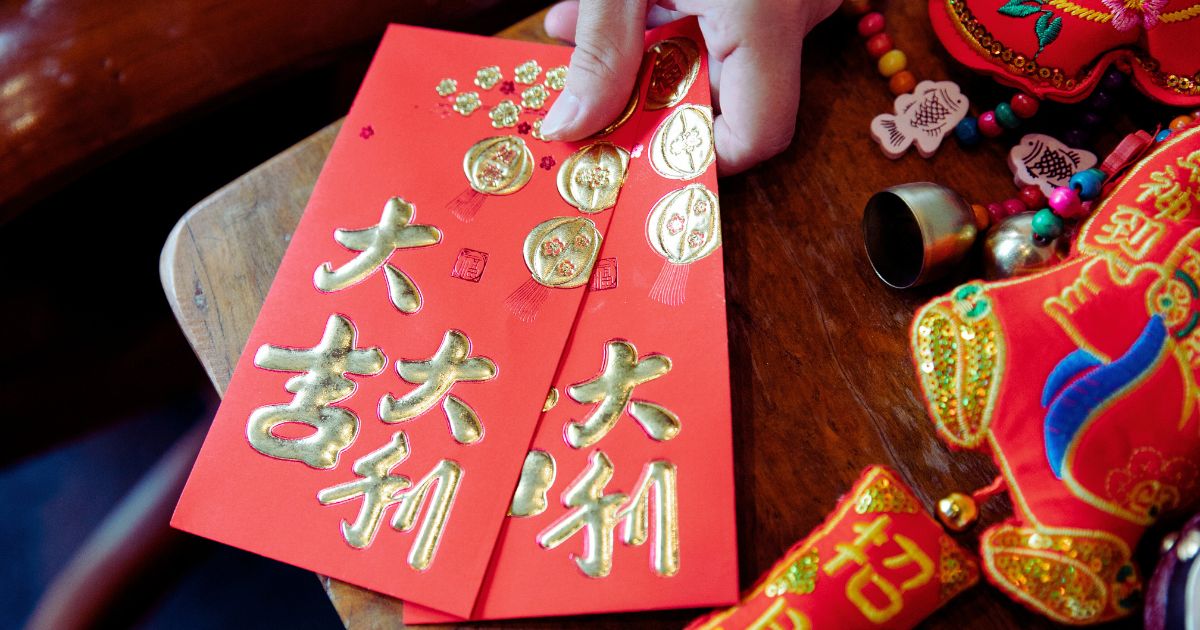
Chinese culture is full of superstitions, influencing everything from everyday routines to important life decisions.
According to Feng Shui expert Joy Lim, more than just practices that bring luck and ward off misfortune, Chinese superstitions are also representations of ancient customs, established religious tradition, and cultural experiences.
These also showcase ancestral respect by following the old traditions passed on by the elderly.
"Growing up, you see your mom doing this and that, so para bang in return, since wala na sila dito, you do the same thing. Parang respeto 'yon sa kanila, like how they respect their parents," she told GMA News Online.
Here are some of Chinese superstitions that she recommends following.
The power of color
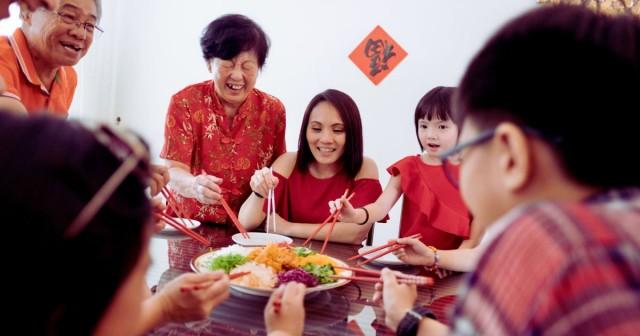
"Because red is a symbol of good luck, a symbol of inviting wealth," she said.
However, the rules of color change in some settings. For instance, colorful attire, especially red, is strictly avoided at funerals and during time or mourning, as it's considered inappropriate and disrespectful.
Numbers that shape luck
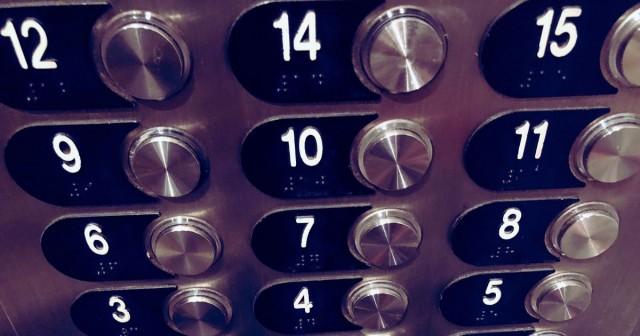
Unlucky Numbers: The number 4 is considered ominous because its pronunciation resembles the word for "death" in Chinese. Similarly, 13 is associated with bad luck, often avoided in house numbers and hotel floors.
Lucky Numbers: Numbers 1, 6, 8, and 9 are deemed auspicious. These numbers symbolize unity, wealth, and long-lasting success.
Dining etiquette
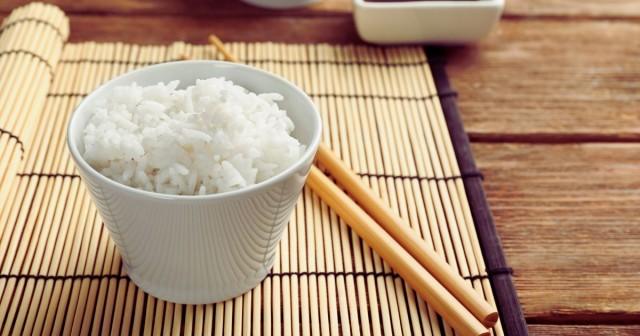
It is a must that chopsticks are not left standing in a bowl of rice.
"Kasi that's only done in the temple or funerals, so we don't do that," she said. "This one, I do not want to miss kasi minsan, nakakalimutan na. Ito 'yung mga ignored na when you go to a wedding, when you go to a party."
The said action resembles incense sticks used during funerals, evoking bad luck and even death. Such practices reflect the culture's emphasis on symbolism and respect.
"Kung gusto mo, if you're pausing for a while, i-gilid mo lang siya," she said.
The art of gift-giving

Watches and clocks: These signify the passage of time and are associated with parting or the end of life. If you must give one, ask the recipient for some change in return to neutralize the bad omen.
"It's something like saying goodbye kasi 'pag ang relo ay huminto, parang huminto na—so parang inoorasan mo ang buhay," she said. "If you want to give watches, then you ask for money para parang binili na lang from you."
Knives: These symbolize surgery and pain, making them an inappropriate gift. Offering a knife can carry connotations of harm and should be avoided, especially for friends or loved ones.
Home and Feng Shui
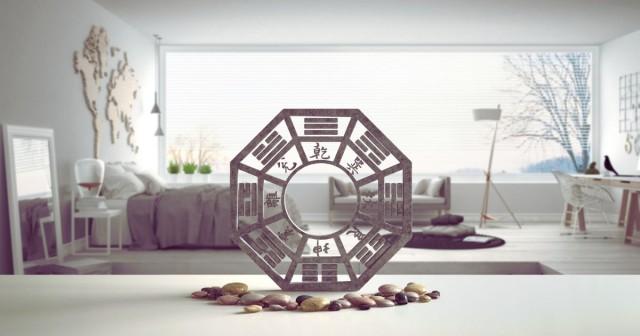
In Feng Shui, the orientation and layout of a home are essential to maintaining harmony and good energy.
For instance, it is believed that the main door of a house should never face north, as this direction is associated with bad fortune. The placement of the main door plays a significant role in determining the flow of energy and opportunities.
—MGP, GMA Integrated News




